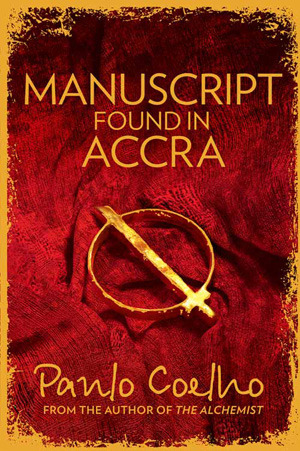Once again, I have finished YET another one of Paulo's book.
This one goes to the Paulo's book black list. Another book that I didn't quite enjoyed.
So, let go straight to the plot line:
In 2006 Paulo was unsure about his magical skills and how he could make use of it, he was starting to loose his faith on what he believed for so many years. He then decides to go on a trip to the Tran-Siberian train. Before that, he meets a 21 years old Turkish girl, called Hilal, whom due to her persistence ended up also travelling through the Tran-Siberia with Paulo and his team.
The author published the book in Brazil in 2010, which according to his own blog, he has taken so long to write about this pilgrimage because it took him three full years to actually understand it.
The author published the book in Brazil in 2010, which according to his own blog, he has taken so long to write about this pilgrimage because it took him three full years to actually understand it.
The book is basically about how the two of them, Paulo and Hilal see the Aleph ("a point where everything, the whole universe is contained"). That meant they both experienced what was once their past life. Standing in the Aleph was the right place containing the right energy for them to get 'there' together.
Paulo has been 'there' before with another 4 women, so this was nothing new for him, although he was apprehensive because none of the other 4 women wanted to see him again after finding out what happened in that 'past life', so shocked they were. The fact being, in his past life - some 500 years ago - he was one of the judge condemning 8 woman to burn in the stake, and Hilal was one of them.
So that was basically the book's story.
I wouldn't say he regained the faith he once lost, but he was at least reconnected with what he was losing touch.
I think I have to take a break reading Paulo's book for a while.
And no quotes this time...
Paulo has been 'there' before with another 4 women, so this was nothing new for him, although he was apprehensive because none of the other 4 women wanted to see him again after finding out what happened in that 'past life', so shocked they were. The fact being, in his past life - some 500 years ago - he was one of the judge condemning 8 woman to burn in the stake, and Hilal was one of them.
So that was basically the book's story.
I wouldn't say he regained the faith he once lost, but he was at least reconnected with what he was losing touch.
I think I have to take a break reading Paulo's book for a while.
And no quotes this time...

(From Farnham library)


